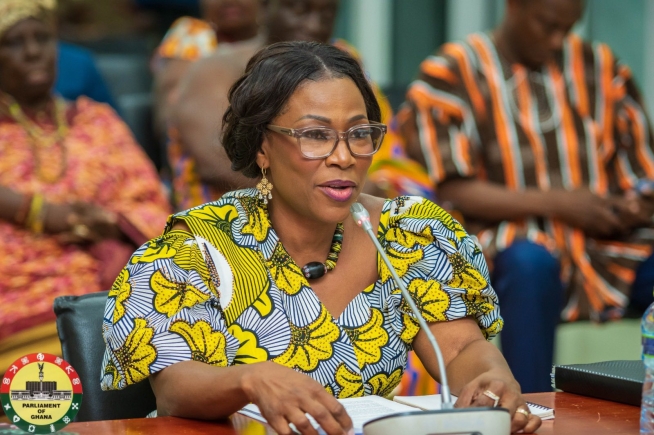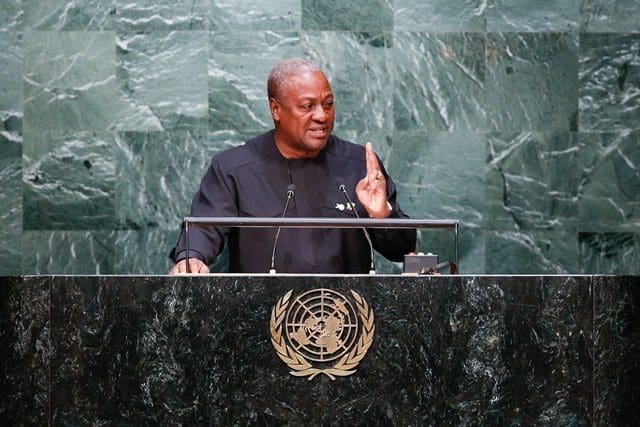A sharp dispute has broken out between Ghanaian politician and academic Dr. Grace Ayensu Danquah and the Ghana Tertiary Education Commission (GTEC), with her legal team accusing the regulator of procedural misconduct, bias, and overstepping its statutory authority in questioning her academic credentials.
In a strongly worded letter dated August 13 and addressed to GTEC Director General Prof. Ahmed Jinapor Abdulai, Dr. Ayensu Danquah’s attorneys—led by David K. Ametefe—criticized the Commission’s handling of her case as “abrasive, unnecessarily combative, and disparaging.”
At the center of the controversy is GTEC’s challenge to Dr. Ayensu Danquah’s use of the title “Professor,” which the Commission has apparently deemed unjustified. Her legal counsel argues that GTEC’s determination lacks transparency, was not grounded in any clear statutory or regulatory framework, and may have been tainted by subjective considerations.
“The assessment appears to have been carried out without transparency, and without clear indication of the statutory or regulatory framework relied upon,” the letter stated. “This lack of procedural clarity raises legitimate apprehension that the process was unguided and influenced by subjective or extraneous considerations.”
The lawyers further criticized GTEC for circulating its correspondence to high-ranking political offices, including the Chief of Staff, Parliament, and the Presidency—moves the legal team described as “wholly improper” and potentially defamatory. They questioned the relevance of involving political bodies in what they insist is a purely academic matter.
“Your most recent letter was addressed directly to the Chief of Staff rather than to our client, a step that is both procedurally irregular and suggestive of an attempt to escalate a matter of academic interpretation into a political controversy,” the letter said.
The legal team is challenging GTEC’s alleged assumption that only tenure-track appointments qualify an individual to use the title “Professor.” Citing international standards, including the UNESCO Global Convention on the Recognition of Qualifications and the Lisbon Recognition Convention, the attorneys assert that academic titles conferred by foreign institutions must be respected unless substantive disparities are demonstrably proven.
They allege that GTEC has acted beyond its mandate and warn that its approach risks reducing the institution to “an ad hoc, slightly vindictive and personality-driven exercise, rather than one grounded in law, evidence, and internationally recognised academic norms.”
Dr. Ayensu Danquah’s lawyers are demanding full disclosure of the Commission’s decision-making process, clarification of its legal authority, and proof that she was afforded an opportunity to respond before official communications were issued. They also want a clear explanation of any mechanisms for appeal or redress under GTEC’s regulatory framework.
Should GTEC fail to respond within 14 days, the lawyers say they will initiate legal proceedings, including seeking orders of certiorari and mandamus, along with declaratory relief aimed at restoring and protecting Dr. Ayensu Danquah’s reputation.
The letter was also copied to the Minister of Health, the Clerk of Parliament, and the Chair of GTEC’s Board, following the Commission’s earlier decision to involve these offices in what the legal team contends should have remained a confidential academic inquiry.














